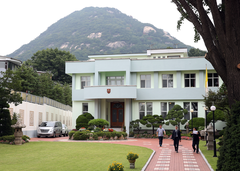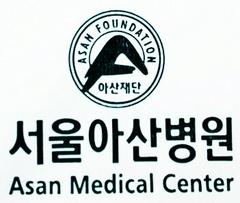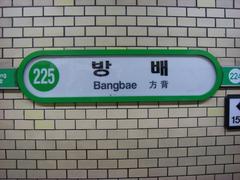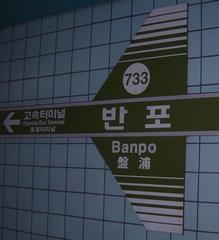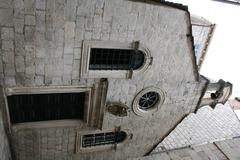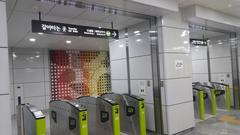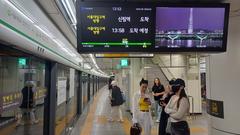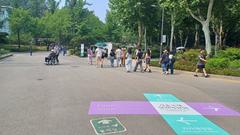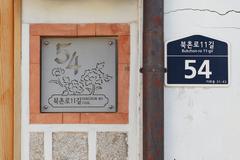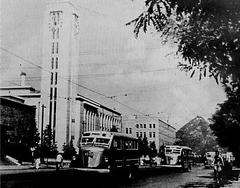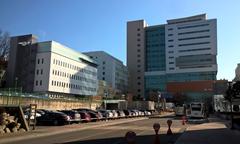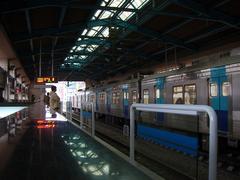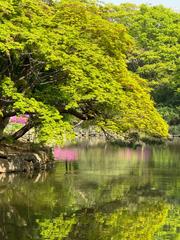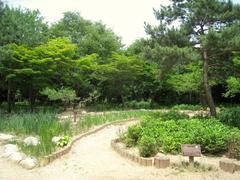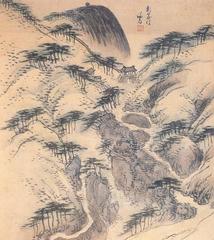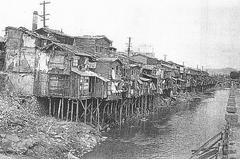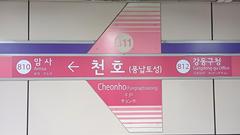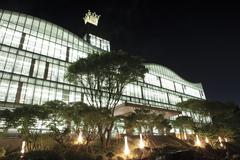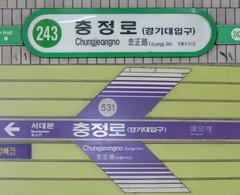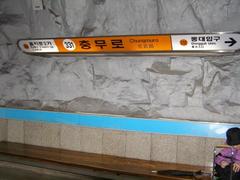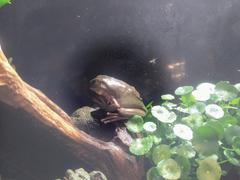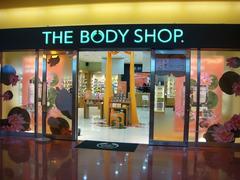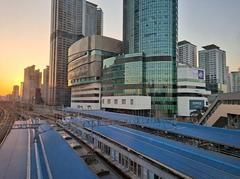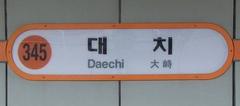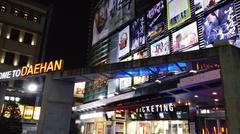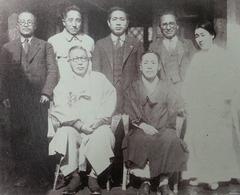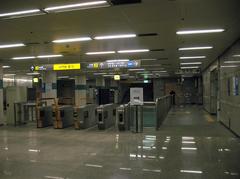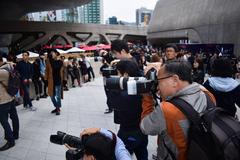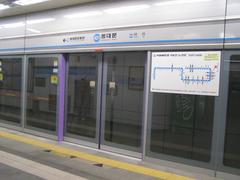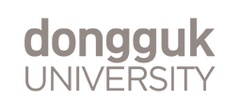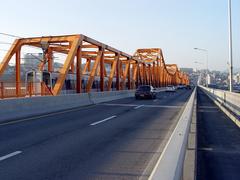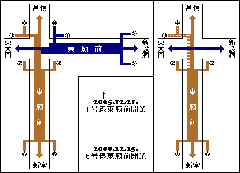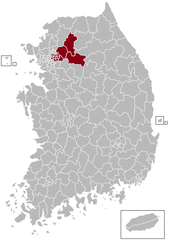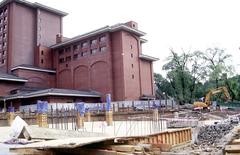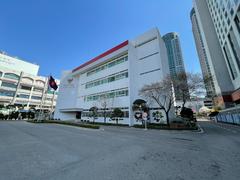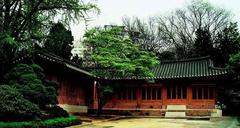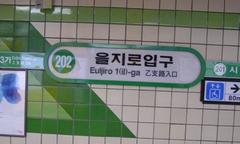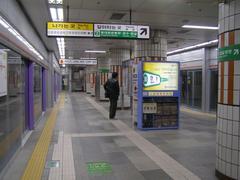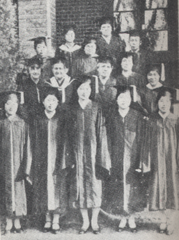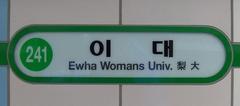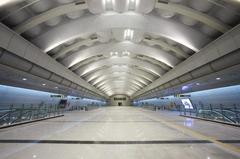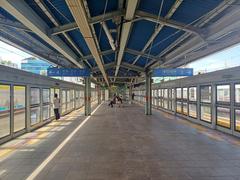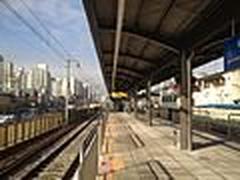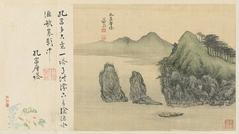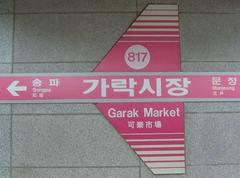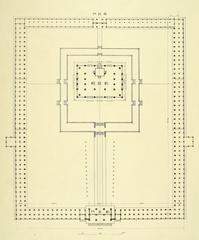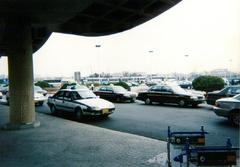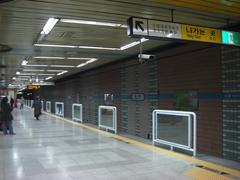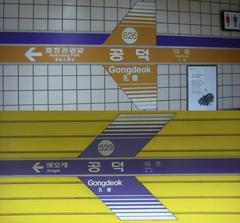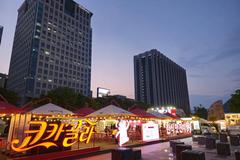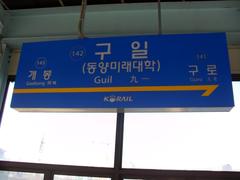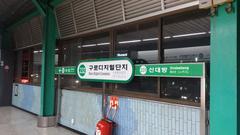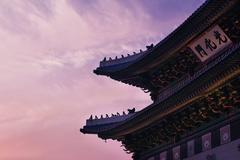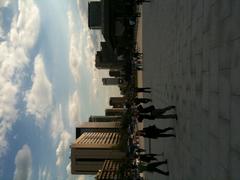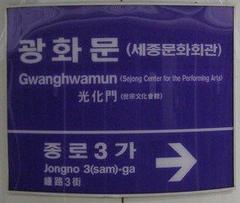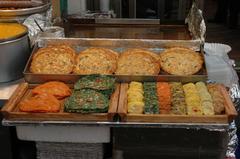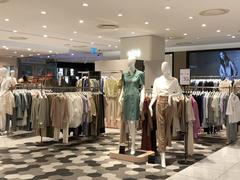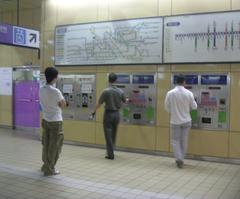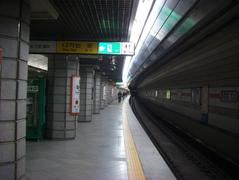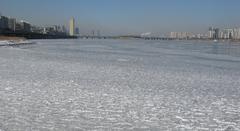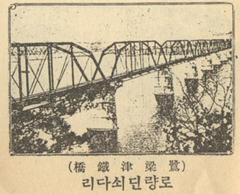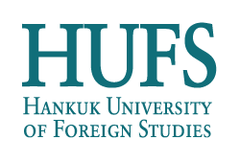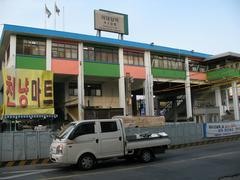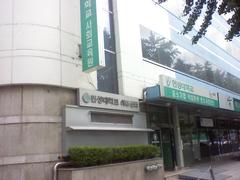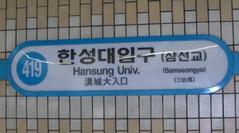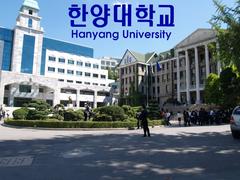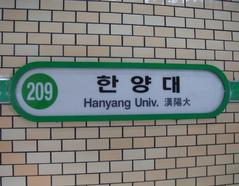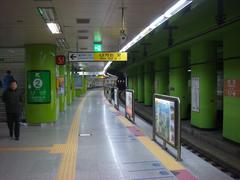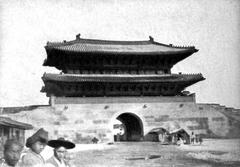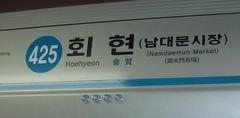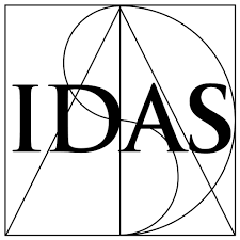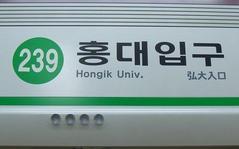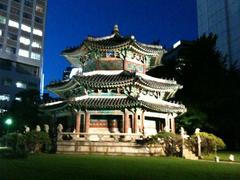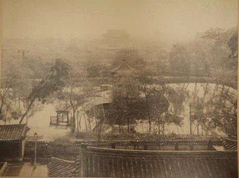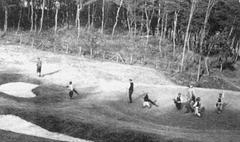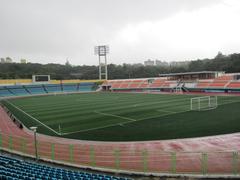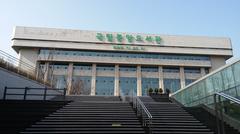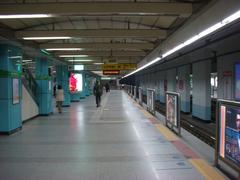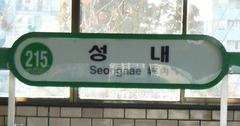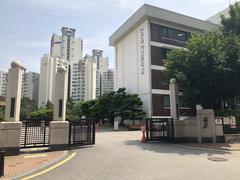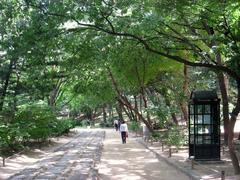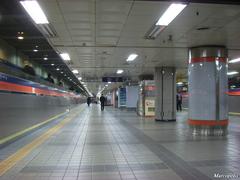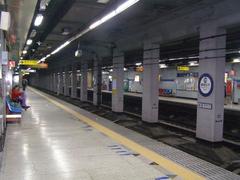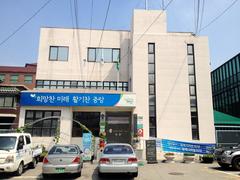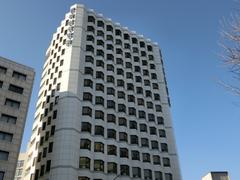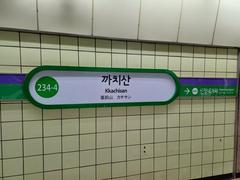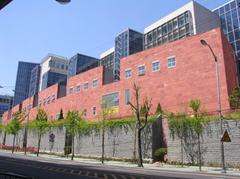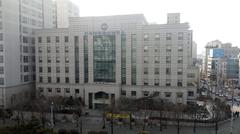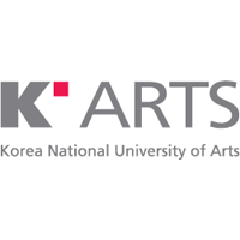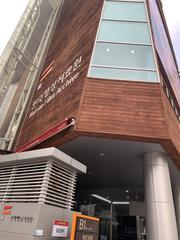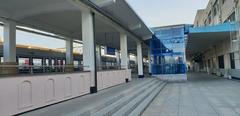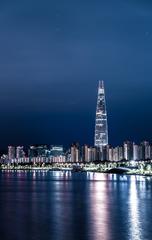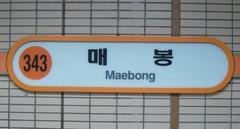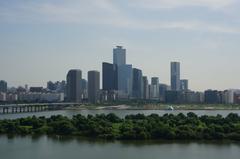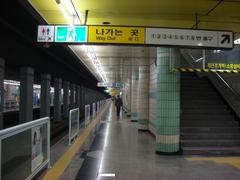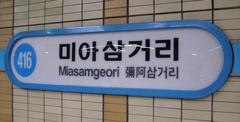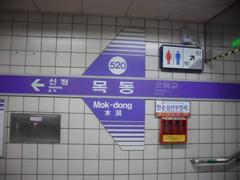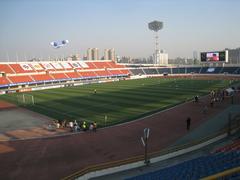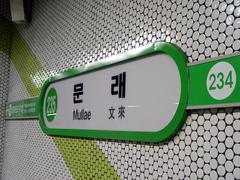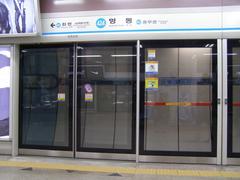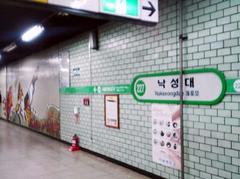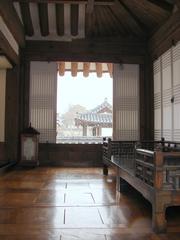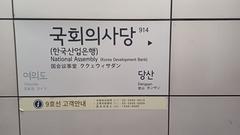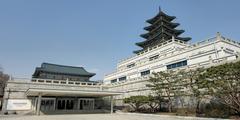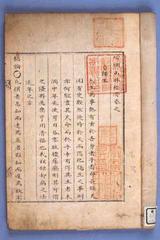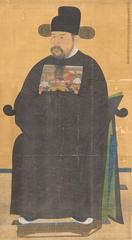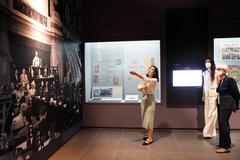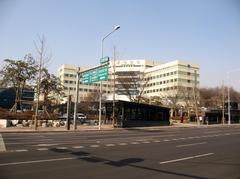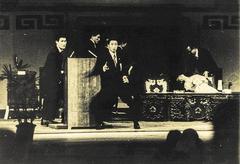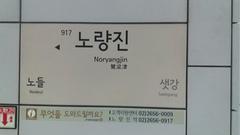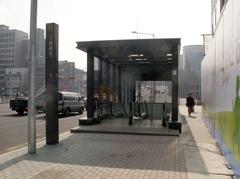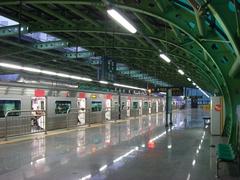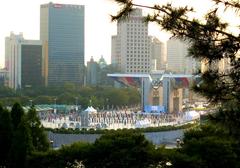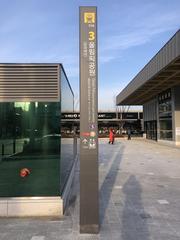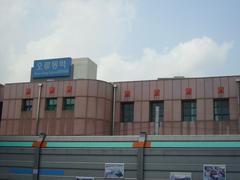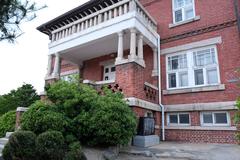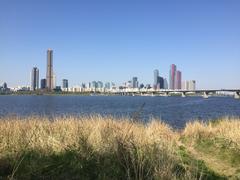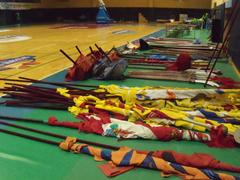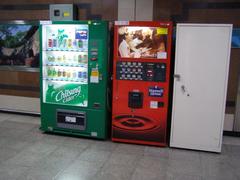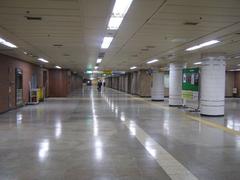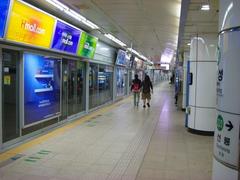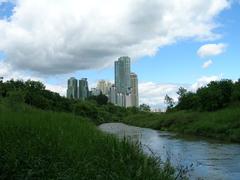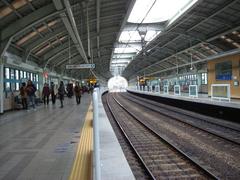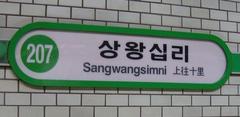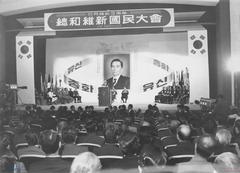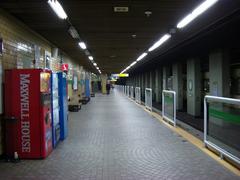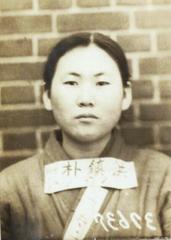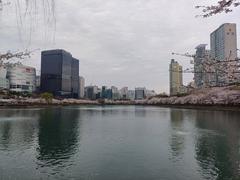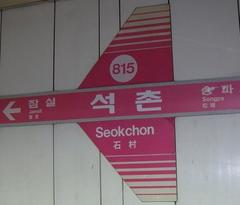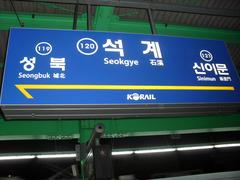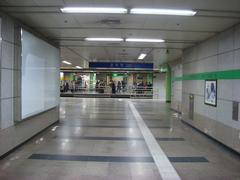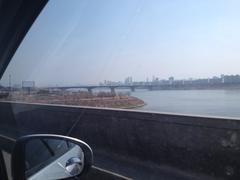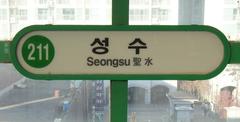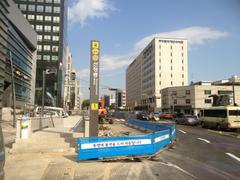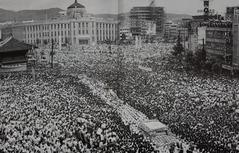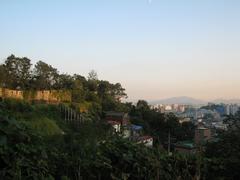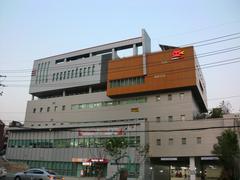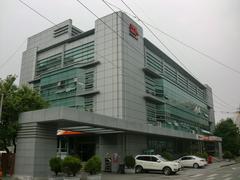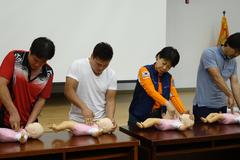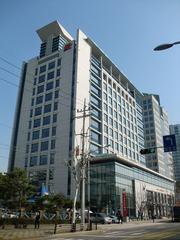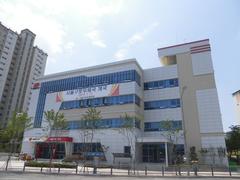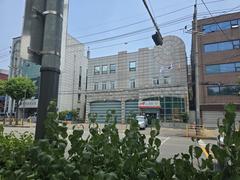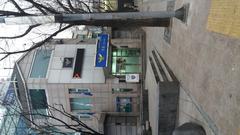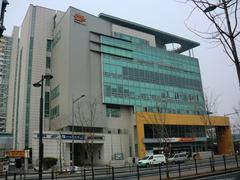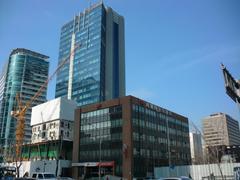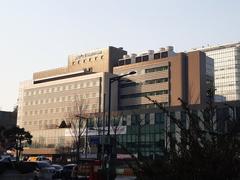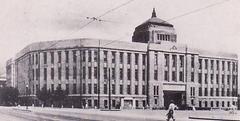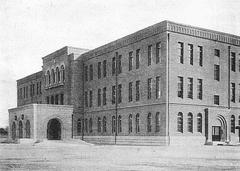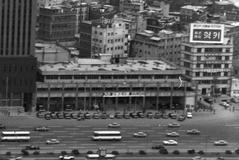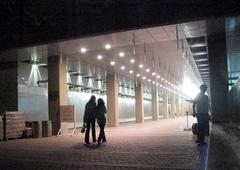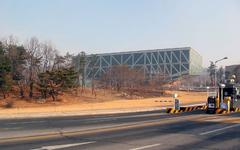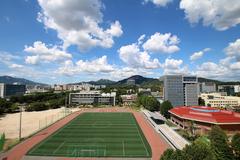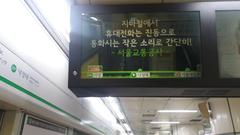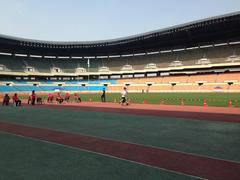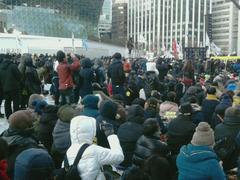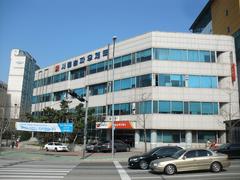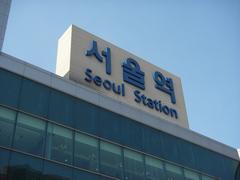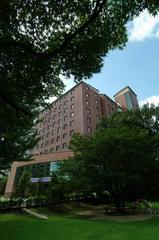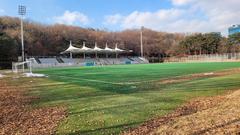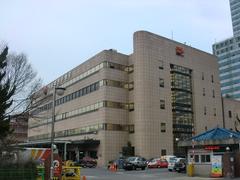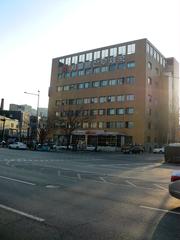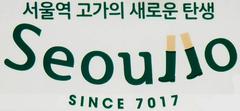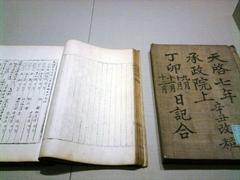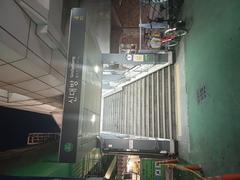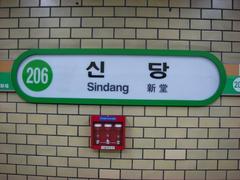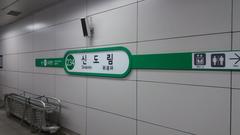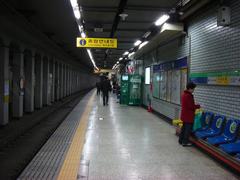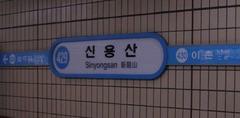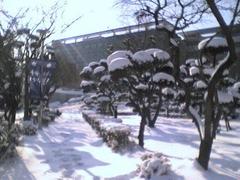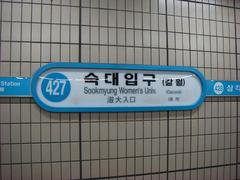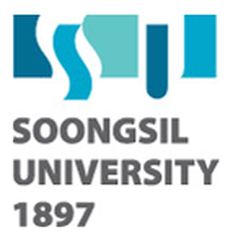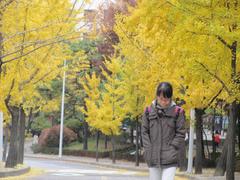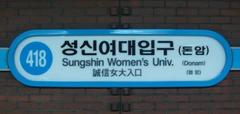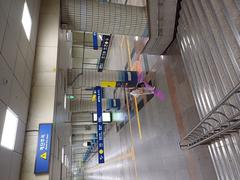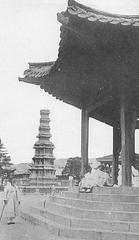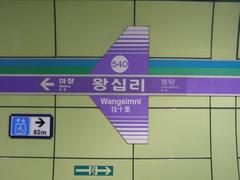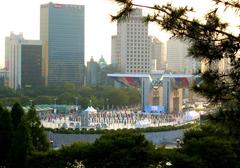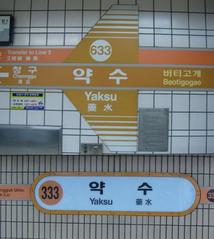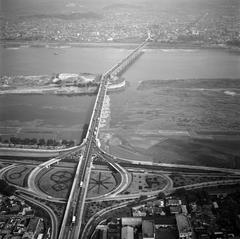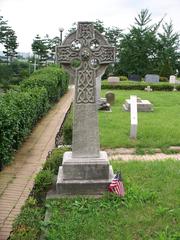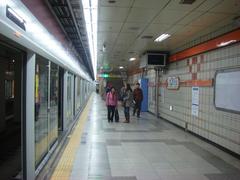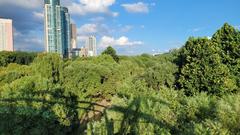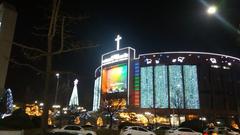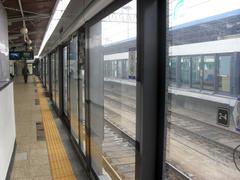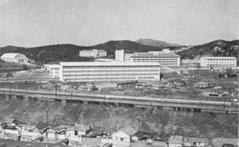Soongeui Women’s College Visiting Hours, Tickets, and Seoul Historical Sites Guide
Date: 14/06/2025
Introduction to Soongeui Women’s College and Its Significance
Nestled in the heart of Seoul, Soongeui Women’s College (숭의여자대학교) stands as a testament to over a century of women’s education and empowerment in Korea. Established on October 31, 1903, by American Presbyterian missionary Samuel Austin Moffett in Pyongyang, the college played a pioneering role at a time when women’s formal education was rare and often discouraged (SEWU Official History; Wikipedia). The institution’s founding philosophy combined academic excellence with Christian values of love, justice, and service, becoming a crucial part of Korea’s modernization and social reform.
Throughout its history, Soongeui Women’s College has embodied resilience and integrity—most notably during the Japanese colonial period, when it refused to participate in Shinto shrine worship and was subsequently closed in 1938. The college later re-established itself in Seoul post-liberation, evolving into a comprehensive educational institution and, in 2021, gaining university status (Wikipedia).
Today, Soongeui Women’s College offers visitors a campus where history meets modern academic life, conveniently located near Namsan Mountain and accessible via major subway lines such as Chungmuro and Myeong-dong Stations (SEWU Campus Info; Wikipedia). With free weekday admission, wheelchair accessibility, and proximity to cultural landmarks like Namsan Seoul Tower and Myeongdong Shopping Street, the college is a rewarding destination for history enthusiasts and tourists (SEWU Academics; Visit Seoul).
This guide provides detailed information on Soongeui Women’s College’s history, cultural impact, visitor logistics, and nearby attractions—including unique experiences like the Soongeui Women’s College Monument. Whether your interest lies in Korean educational history, women’s empowerment, or meaningful cultural visits, Soongeui Women’s College offers a memorable and accessible experience (SEWU Official Site).
Table of Contents
- Founding and Early Development
- Historical Milestones and Institutional Evolution
- Role in Women’s Education and Social Change
- Cultural and Educational Significance
- Visitor Information
- Frequently Asked Questions (FAQ)
- Legacy and Ongoing Impact
- Notable Features for Visitors
- Plan Your Visit
Founding and Early Development
Soongeui Women’s College traces its origins to October 31, 1903, when Samuel Austin Moffett established Soong Eui Girls’ School in Pyongyang. At a time when Confucian society in Korea placed little value on women’s formal education, this was a groundbreaking initiative (SEWU Official History; Wikipedia). Moffett’s vision was to nurture intellectual growth and character among women, grounded in Christian values—a philosophy that has defined the institution since its inception (SEWU Founding Philosophy).
Historical Milestones and Institutional Evolution
Soongeui Women’s College’s history mirrors Korea’s turbulent modern era. Originally a beacon for women’s education, the school became a crucial part of the movement for women’s rights and Korea’s modernization (Facts and Details).
During the Japanese colonial period, the school was compelled to close in 1938 due to its refusal to participate in Shinto shrine worship, a stance emblematic of its commitment to principle (Wikipedia). After Korea’s liberation, the institution was re-established in Seoul and underwent several transformations:
- 1964: Recognized as a junior college
- 1970–1971: Transitioned to a vocational school for women
- 1978: Became Soongeui Women’s Junior College
- 1998: Elevated to Soongeui Women’s College
- 2021: Officially designated as Soongeui Women’s University (Wikipedia)
Role in Women’s Education and Social Change
Soongeui Women’s College was part of a broader movement led by Christian missionaries in the late 19th and early 20th centuries to establish modern schools for women. By 1908, missionary schools for girls even outnumbered those for boys (Facts and Details). These institutions helped women enter public life and professional fields, and supported Korea’s independence movement.
Alumni from Soongeui have contributed significantly across sectors—education, social welfare, the arts, and public service—reflecting the college’s ongoing mission to nurture women of character and leadership (SEWU Academics).
Cultural and Educational Significance
Christian Missionary Influence
Samuel Austin Moffett’s founding of Soongeui Women’s College exemplifies the transformative impact of Christian missionaries on Korean education. They championed gender equality, introduced Western curricula, and advocated for social change. The college’s Christian ethos remains evident in its emphasis on service and community engagement (SEWU Founding Philosophy).
Symbol of Resistance and Integrity
The institution’s closure in 1938—due to its refusal to submit to colonial religious demands—remains a key symbol of religious and cultural resistance (Wikipedia).
Contribution to Modern Korean Society
Today, Soongeui Women’s College offers diverse programs in education, social welfare, natural sciences, design, performing arts, and engineering, with a particular focus on practical, career-oriented training (SEWU Academics). The Department of Hotel and Tourism, established in 1973, is especially renowned for producing leaders in Korea’s hospitality industry.
Campus and Urban Context
The campus occupies a tranquil spot in Jung-gu, central Seoul, near Namsan Mountain. With seven main buildings and proximity to Soongeui Elementary School, it is easily accessible by subway or bus and offers a peaceful retreat in the city (Wikipedia).
Visitor Information
Visiting Hours
- Monday to Friday: 9:00 AM – 6:00 PM
- Closed: Weekends (unless for special events—check ahead)
Admission and Tickets
- Admission: Free for general campus visits
- Special Facilities: Some exhibitions/tours may require tickets or registration
Accessibility
- Wheelchair ramps and elevators in main buildings
- Designated parking for visitors with disabilities
- Easy subway and bus access
How to Get There
- Address: 1-8 Eejang-dong, Jung-gu, Seoul
- Nearest Subway: Chungmuro Station (Lines 3 & 4), ~10 mins on foot
- Alternate Subway: Myeong-dong Station (Line 4), Exit 3, ~5 mins on foot
- Bus: Stops nearby on Sopa-ro road
Nearby Attractions
- Namsan Seoul Tower
- Myeongdong Shopping Street
- Chojun Textile Quilt Museum
- Seoul Museum of History
- Namsan Park
Visuals and Media
The campus features picturesque architecture and seasonal cherry blossoms. Virtual tours and galleries are available on the official website.
Frequently Asked Questions (FAQ)
Q1: What are the visiting hours for Soongeui Women’s College?
A1: Monday to Friday, 9:00 AM to 6:00 PM. Weekend visits require special arrangements.
Q2: Is there an admission fee?
A2: No, campus visits are free. Some exhibitions/events may require a ticket.
Q3: How do I get there by public transport?
A3: Subway (Chungmuro or Myeong-dong Stations) or buses along Sopa-ro.
Q4: Is the campus accessible?
A4: Yes, with ramps, elevators, and accessible restrooms.
Q5: Are tours available?
A5: Guided tours may be arranged by contacting the college in advance.
Legacy and Ongoing Impact
Soongeui Women’s College is deeply intertwined with the advancement of women’s rights and education in Korea. Its resilience in the face of colonial oppression, war, and modernization mirrors Korea’s own journey. The college continues to foster international exchange and is recognized for producing graduates with professionalism, ethics, and adaptability (SEWU International).
Notable Features for Visitors
- Historical and Modern Architecture: Tranquil campus in central Seoul
- Monuments and Exhibitions: Highlights women’s education and resistance
- Virtual Tours and Galleries: Available on the official website
- Seasonal Beauty: Cherry blossoms and scenic city views
Plan Your Visit
Check the latest hours, events, and exhibitions on the official Soongeui Women’s College website. Follow their social channels for updates.
Explore Soongeui Women’s College—a cornerstone of women’s education and empowerment in Korea.
Internal Links:
External Links:
Discover Soongeui Women’s College Monument: Visitor Information and Tips
The Soongeui Women’s College Monument serves as both a cultural landmark and a tribute to the legacy of women’s education in Korea.
Monument History and Cultural Significance
The monument honors Soongeui Women’s College’s pivotal contributions to female empowerment and leadership. It reflects the institution’s commitment to fostering global perspectives and innovation.
Visiting Hours and Ticket Information
- Daily: 9:00 AM – 6:00 PM
- Admission: Free
- Guided Tours: Weekends and public holidays, advance booking recommended
Getting There and Accessibility
- Centrally located in Seoul, accessible by subway and bus
- Wheelchair ramps and accessible restrooms on site
Nearby Attractions
- Gyeongbokgung Palace
- Bukchon Hanok Village
- Seoul Museum of History
Visitor Tips
- Wear comfortable shoes for walking
- Photography is encouraged
- Check the website for event updates
Special Events and Guided Tours
- Annual events: Women’s Day commemorations, workshops
- Guided tours in multiple languages available by appointment
Gallery
Entrance to the Soongeui Women’s College Monument, symbolizing empowerment and education.
Tranquil gardens surrounding the monument, ideal for reflection and photography.
Frequently Asked Questions (FAQ)
Q1: Is there an entrance fee?
A: No, admission is free.
Q2: What are the operating hours?
A: 9:00 AM to 6:00 PM daily.
Q3: Are tours available?
A: Yes, on weekends and holidays; book ahead.
Q4: Is the monument accessible?
A: Yes, with ramps and facilities for those with disabilities.
Q5: Can I take photos?
A: Yes, photography is encouraged.
Plan Your Visit
For the latest information, visit the SEWU Official Site. For Seoul travel planning, see Visit Seoul.
Enhance your experience with the Audiala app for personalized guides and exclusive content on Seoul’s landmarks.
Exploring Deoksugung Palace: A Historic Gem in Seoul
Introduction to Deoksugung Palace
Deoksugung Palace, in central Seoul, is renowned for its blend of traditional Korean and Western-style architecture. Formerly a Joseon Dynasty royal residence, it offers insights into Korean royal heritage and architectural evolution.
Visiting Hours and Ticket Information
- Winter (Nov–Feb): 9:00 AM – 5:00 PM
- Summer (Mar–Oct): 9:00 AM – 7:00 PM
- Tickets:
- Adults: 1,000 KRW
- Youth (ages 7–18): 500 KRW
- Under 6: Free
- Tickets available onsite or online; group and combo discounts offered
Highlights and Attractions
- Changing of the Royal Guard: Daily at 2:00 PM
- Jeonggwanheon Pavilion: Western-style tea pavilion
- Seokjojeon Hall: Venue for state affairs and exhibitions
Nearby Sites
- Seoul City Hall (5-min walk)
- Gyeongbokgung Palace (short subway ride)
- Cheonggyecheon Stream (urban walking path)
Visitor Tips
- Getting There: City Hall Station (Lines 1, 2), Exit 2
- Accessibility: Wheelchair-friendly
- Photography: Allowed; restrictions apply for drones/tripods
- Guided Tours: Offered in multiple languages
Safety and Services
- On-site staff, CCTV, visitor centers, cafes, and souvenir shops
FAQs
Q: Special events?
A: Yes, see the official site for festivals and performances.
Q: Online tickets?
A: Yes, via Seoul Tourism Official Site
Q: Children’s fee?
A: Under 6 enter free.
Q: Pets?
A: Only service animals permitted.
Virtual Tours
Experience Deoksugung Palace remotely via the Deoksugung Palace Virtual Tour.
Soongeui Women’s College Visitor Guide
Location and Accessibility
Located in Jung-gu, Seoul, Soongeui Women’s College is a 5-minute walk from Myeong-dong Station (Line 4, Exit 3) and 10 minutes from Chungmuro Station. Its central location offers easy access to both the campus and surrounding attractions.
Visiting Hours and Ticket Information
- Hours: Monday to Friday, 9:00 AM – 6:00 PM
- Admission: Free for outdoor campus visits
- Special Facilities: Tickets or registration may be required for exhibitions or events
Campus Layout, Facilities, and Photographic Spots
- Soongeui History Hall: Chronicles the college’s legacy
- Modern Educational Buildings: Host K-POP and K-MOVE programs
- Cultural Spaces: Offer public exhibitions and events
Cherry blossom-lined pathways and city views are especially popular for photography.
Guided Tours and Unique Experiences
- No regular tours; group visits may be arranged in advance
- Special events and open lectures listed on the college event calendar
Language and Communication Tips
- Korean is primary; English signage in key areas
- Staff in international office assist English speakers
- Translation apps or basic Korean phrases recommended
Nearby Attractions
- Myeong-dong Shopping Street
- Namsan Seoul Tower
- Chojun Textile Quilt Museum
- Namsan Park
Safety, Accessibility, and Etiquette
- Respect quiet zones and ask before photographing people
- Dress modestly; dispose of litter responsibly
- Ramps and elevators ensure accessibility, but some areas are steep
Transportation and Parking
- Public transport is recommended due to limited parking
- Subway Line 4, Myeong-dong Station, Exit 3 is the most direct route
FAQ
Q: Visiting hours?
A: Monday to Friday, 9:00 AM to 6:00 PM
Q: Admission fee?
A: No fee for casual visits; event tickets may apply
Q: Guided tours?
A: Not regularly, but can be arranged for groups
Q: Photography?
A: Allowed outdoors; ask permission for people/interiors
Conclusion
Soongeui Women’s College is a remarkable destination blending educational heritage, cultural significance, and natural beauty. Its central location, accessible facilities, and proximity to key Seoul attractions make it ideal for both tourists and scholars. Check the official website for up-to-date information.
Call to Action
Download the Audiala app for personalized travel guides. Explore more on Seoul’s historical sites, and share your experiences on social media to connect with other travelers.
Internal Links Suggestions:
- Guide to Seoul Historical Sites
- Best Cherry Blossom Spots in Seoul
- How to Use Seoul Subway for Tourists
External Links:
- Soongeui Women’s College Official Website
- Myeong-dong Shopping Street Travel Guide
- Chojun Textile Quilt Museum Information
Summary and Call to Action
Soongeui Women’s College is a living testament to women’s education and social progress in Korea. From its founding in 1903 to its present-day role as a university, it has continuously promoted women’s empowerment, academic excellence, and cultural resistance (SEWU Founding Philosophy; Wikipedia). Its legacy is visible not only in its monument and campus but also in the ongoing achievements of its alumni.
Visitors will find an inviting and accessible campus, free admission during regular hours, and the opportunity to explore both the college and nearby Seoul historical sites (SEWU Campus Info; SEWU Official Site). Plan ahead, check for special events, and respect campus guidelines for the best experience.
For further updates, event information, and virtual tours, consult the official Soongeui Women’s College website and Audiala App.
References and Useful Links
- Soongeui Women’s College Official Website (SEWU)
- Wikipedia – Soongeui Women’s University
- Facts and Details – Education in Korea
- SEWU Academics – Department of Hotel and Tourism
- SEWU Campus Information
- Visit Seoul – Official Tourism Site
- Audiala App – Personalized Travel Guides
